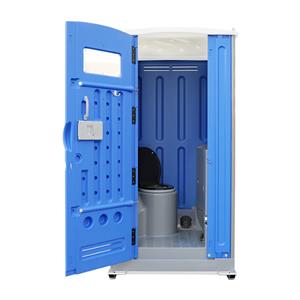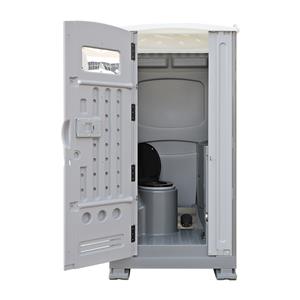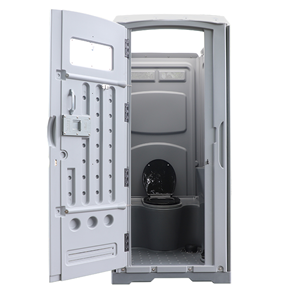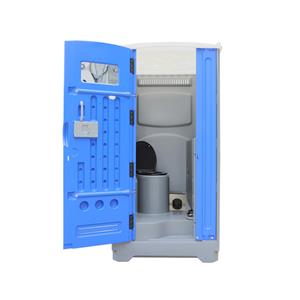Why are portable toilets called chemical toilets
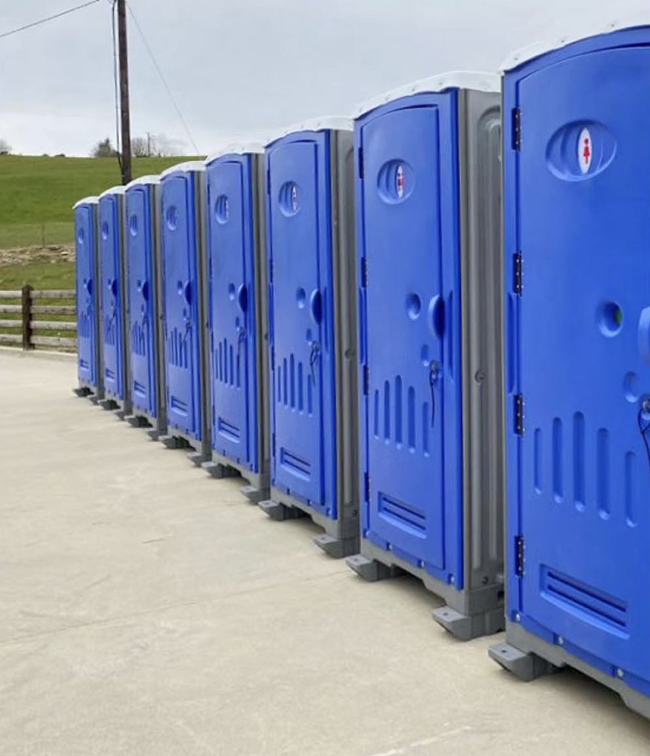
Do you sometimes wonder why portable toilets are referred to as chemical toilets? We guess that you’ve seen or used a portable toilet in the past. You might be thinking chemical toilets are different from mobile units. Or assume that they smell chemicals or were constructed by chemical engineers.
These are innocent assumptions, and a few others will share this sentiment. The word “chemical” may have been overused in high-school chemistry lessons as it is usually considered a distinct compound or substance that has been artificially put together or purified. We use or come into contact with a variety of chemical substances. Wondering what some of these chemical substances could be?
We rely on toothpaste to keep our breath fresh and our mouths clean, but it is made of calcium carbonate and sodium fluoride. We all need a good shower to wash off dead skin and clear up our pores to function at their best. Soap is essential in effectively washing our skin from dirt and comprises a component known as Esters. These are some examples of chemicals used in our daily life. There is a wide range of other chemical goods we use in life. In the light of making chemicals trivial, why are some portable toilet units referred to as chemical toilets? Let’s discover more.
What is a chemical toilet?
A chemical toilet is characterised by the fact that it uses chemical substances which prevent and disinfect the bacterial decomposition processes of urine and faeces. The development of decay and odour processes is thus reduced or suspended. And while chemical toilets can be operated without any water connection, they cannot function entirely without water or the aforementioned chemical liquids which is why these toilets are not considered dry toilets. They are used mainly in the so-called “portaloos” or fixed tank toilets, on-board toilets of transportation vehicles as well as in garden sheds and mobile homes. In the field of camping, they’re commonly known as “chemical cassette toilets”. Depending on the location of use, there are various chemical toilet designs available, from fixed to foldable and portable, with the mobility of chemical toilets certainly being one of their major advantages.
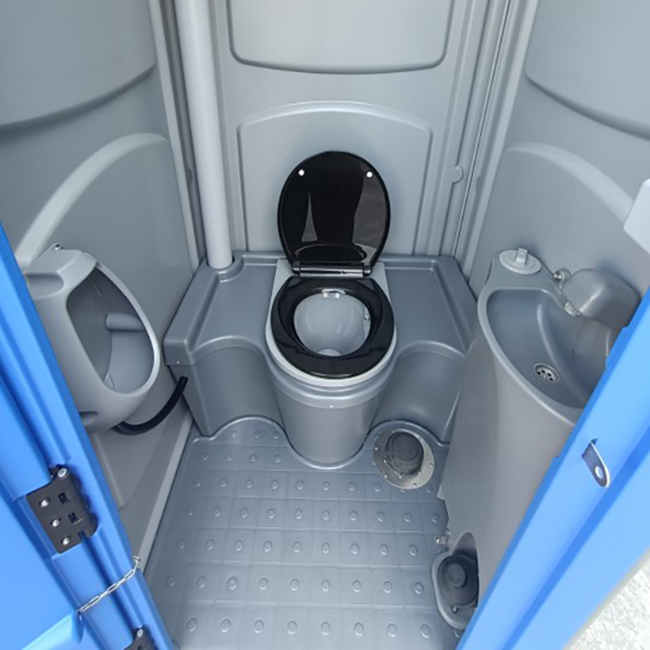
The fact that no water connection is required and the obvious advantage of odour prevention thanks to chemical substances assured the chemical toilet an undisputed top spot in the motorhome range for a long time. However, the use of chemistry also poses numerous risks. Thus, the waste from such toilets can only be disposed of in places that are specifically designed for this since sewage treatment plants are dependent on exactly those natural decomposition processes of the excretions which are being suppressed by the chemical additives. In general, the chemical sanitary additives have to be handled with great care as they not only endanger our health but also harm the ecosystem if they come into contact with it. Nowadays, there are also additives that are declared to be fully biodegradable, but even these are not entirely harmless to nature. A responsible approach to the use of these substances is therefore an absolute prerequisite.
Functionality of a chemical toilet
Regardless of the model or location of use, chemical toilets are always based on the same principle. The solid and liquid excretions are collected together in a container to which chemical substances are added. These, as already mentioned, are to inhibit the natural bacterial decomposition of the droppings and thus prevent the development of unpleasant odours. At the same time, the chemicals act as disinfection and serve to accelerate the (chemical) decomposition of urine, faeces and the added toilet paper which makes the later emptying of the collecting container easier, if not necessarily pleasant.
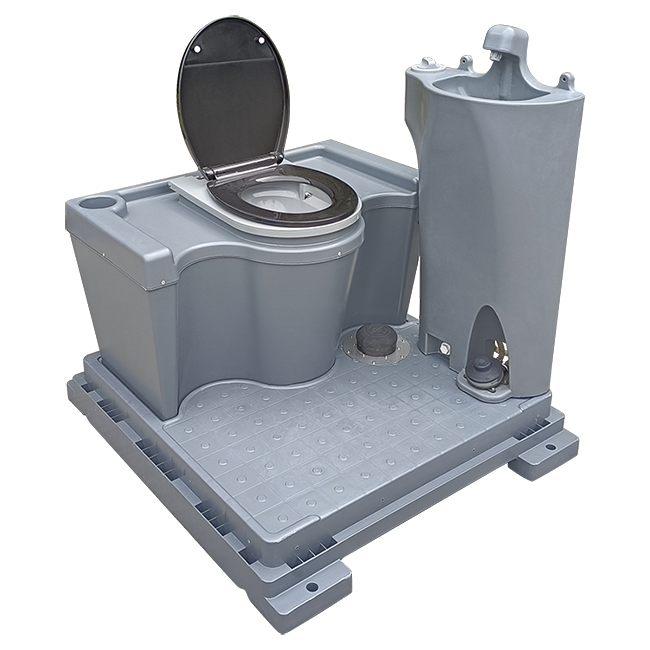
Usually, chemicals such as glutaraldehyde, formaldehyde and quaternary ammonium cations are used. These are all equally effective, predominantly because of their disinfecting effect, but, unfortunately, they’re also fraught with risk. Glutaraldehyde is characterised by a pungent odour and is furthermore highly toxic to both humans and aquatic organisms. Formaldehyde also has a piercing odour, can cause allergies as well as skin, respiratory or eye irritation if used incorrectly, counts as carcinogenic and can damage genetic material. Quaternary ammonium cations are also highly aggressive substances. The health risks arising from the use of said chemical sanitary additives are thus not to be underestimated in the slightest. There are indeed also substances that are declared fully biodegradable and are used in chemical toilets. However, the environmental sustainability of these agents does remain doubtful as the ingredients of the sanitary additives do not have to be precisely declared and an official licensing authority in the sense of a supervisory authority for chemical toilets does not exist. In any case, the chemical additives should be treated with extreme caution.
Due to their waterless operation or more specifically, the independence of water supplies, chemical toilets are suitable for any location where water isn’t available. This means that chemical toilets with fixed tanks are predominantly used at construction sites, festivals or other major events. Smaller models, such as cassette toilets or portable models, are used particularly in the area of camping and are often standard equipment of motorhomes but can also be used in other areas such as garden houses or holiday homes, thanks to their compactness. What’s more, most models don’t require a power connection which further enhances autonomy and generally extends the areas of application. However, the circumstances that restrict an independent use of these toilets should be considered.
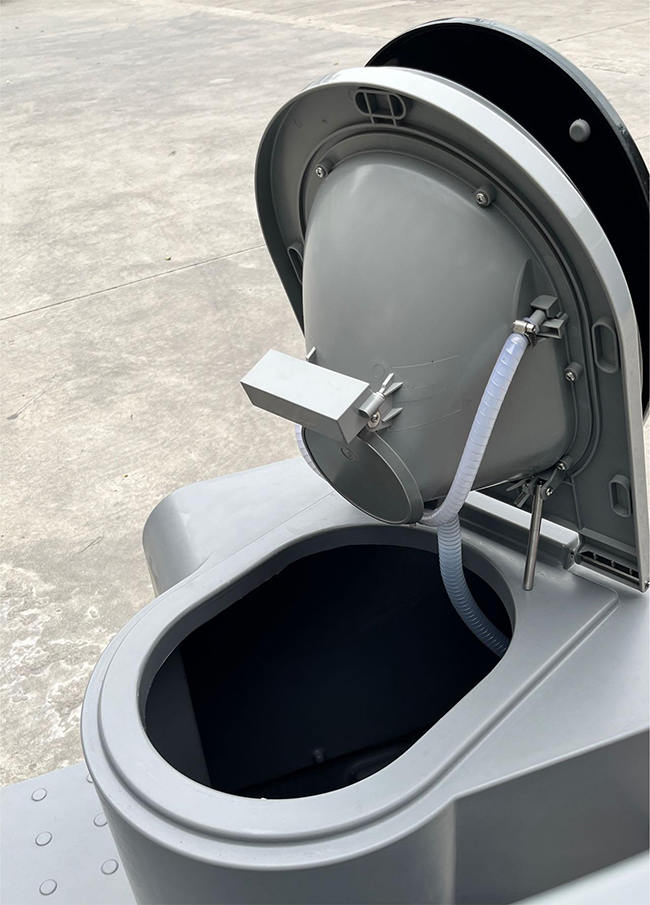
Why portable units are referred to as chemical toilets? Portable units from a functional perspective meet the same need as standard. These mobile facilities differ in how they flush and carry waste to sewers. In conventional toilets, waste is brought to a sewer. While in a portable unit, the waste is conveyed to a holding tank underneath the facility.
The magic happens in the tank that can be found right under the toilet seat. Chemicals are strategically placed on the tank to assist with the systematic breaking down of solid waste, kill microorganisms, overwhelm smell and diminish toilet paper. You now know that this synthetic component can separate solid waste from the holding tank while users continue to handle their business.
In these mobile units, waste is continually chemically treated until disposal. You don’t need to figure out how this whole sequence works. All that is required is to safely use the portable units at events, construction sites, or other venues and allow portable hire companies to deal with the nitty-gritty of a functional mobile unit.
Next time you visit a mobile facility to answer the call of nature, it is essential to remember that underneath the seat is a holding tank that helps the environment systematically handle human waste. Without these chemicals, portable toilet units will find it difficult to function effectively.

